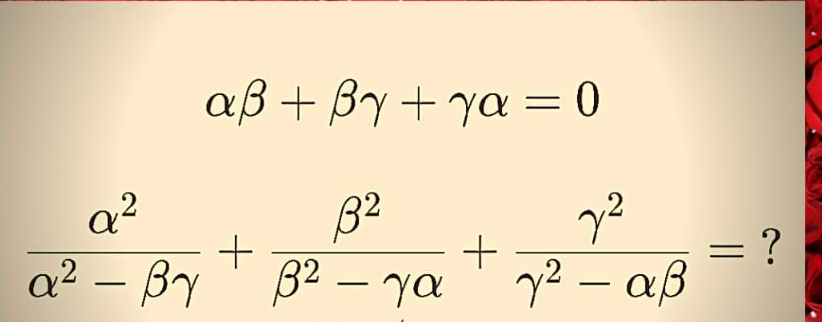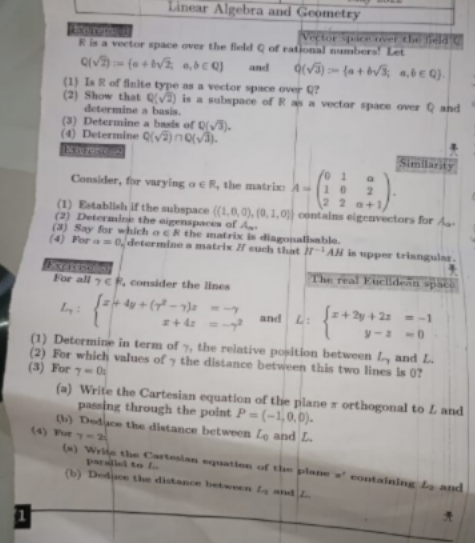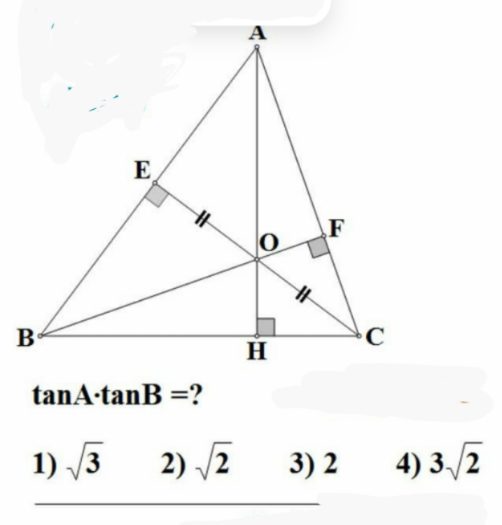
AllQuestion and Answers: Page 507
Question Number 169626 Answers: 1 Comments: 0

Question Number 169613 Answers: 0 Comments: 3

Question Number 169612 Answers: 1 Comments: 0
Question Number 169610 Answers: 1 Comments: 0

Question Number 169600 Answers: 3 Comments: 2
Question Number 169585 Answers: 1 Comments: 2

Question Number 169582 Answers: 0 Comments: 0

Question Number 169579 Answers: 0 Comments: 0

Question Number 169569 Answers: 1 Comments: 0
Question Number 169709 Answers: 0 Comments: 1

Question Number 169708 Answers: 0 Comments: 0

Question Number 169565 Answers: 0 Comments: 1
Question Number 169563 Answers: 0 Comments: 1

Question Number 169559 Answers: 1 Comments: 1

Question Number 169558 Answers: 3 Comments: 0
Question Number 169573 Answers: 0 Comments: 0
Question Number 169572 Answers: 1 Comments: 0

Question Number 169553 Answers: 1 Comments: 0
$${solve}\:{the}\:{D}.{E} \\ $$$$\mathrm{2}{dx}−{e}^{{y}−{x}} {dy}=\mathrm{0} \\ $$
Question Number 169549 Answers: 1 Comments: 0
Question Number 169548 Answers: 0 Comments: 1

Question Number 169541 Answers: 1 Comments: 0

Question Number 169539 Answers: 1 Comments: 2

Question Number 169538 Answers: 0 Comments: 1

Question Number 169537 Answers: 0 Comments: 2

Question Number 169533 Answers: 0 Comments: 1
Question Number 169527 Answers: 1 Comments: 1
Pg 502 Pg 503 Pg 504 Pg 505 Pg 506 Pg 507 Pg 508 Pg 509 Pg 510 Pg 511
